By: Noor Hayat Posted on Wed, 27-01-2016

Danish legal contracts for clinical trials are an agreement for cooperation between the pharmaceutical company and the Federal medical association. The contract is required in writing on paper, no matter which of the two parties initiate it. Danish Legal Contracts Translation Services can be applied if you wish to receive the contract in a different language.
Foreign companies who want to conduct clinical trials in Denmark shall thoroughly study their contract rules and regulations. If Danish is not their first language, they must use Quality Translation Services for your documents provided by a Certified Translation Company.
Both parties who are subject to the contract are supposed to agree on all terms and conditions. Persons who are to take responsibility of the trial product must be qualified for the post, i.e. they shall have adequate education and experience. The sponsors and the institution where the drug trial is being executed, shall verify the trained personnel.
The central principle of Danish legal contracts is that all aspects that require legal accountability and insurance must be clearly mentioned. Patients taking part in the clinical trials are to be granted health insurance by the drug manufacturers as prescribed by law; Danish Patient Insurance Act and Danish Act on Damages for Pharmaceutical Injuries.
In order to properly understand the legal requirements of the Danish law, you can refer to Professional Translation Services Agency. Unless you are able to fluently speak and read the Danish language, do not sign any medical contracts without professional guidance. Danish Legal Contracts Translation Services to your language is the smart move and will save you from later regrets.
Clinical trials generally encompass testing procedures and development of pharmaceutical substances. These products either have a chemical patent or are eligible/in process for one. The Danish legislation on medicinal products and legislation on intellectual property rights have the power to control the usage of data published in a patent.
The clinical trial contract will hence determine that who will obtain the privileges to use all the knowledge provided about the new drug. By universal rule, the individual or party that is funding the whole project will gain access to these rights.
In case the location of clinical trials changes or the persons performing the procedures are replaced, the contract will have to be renegotiated. Any contracts that have been signed and violated afterwards by a party or individual, will be answerable to Danish contract law.
If a party believes that they have been deceived by the other in terms of the contract, they have the right to appeal in court. If both parties do not reach an agreement during court hearings then the one at fault will have to face legal consequences.
Clinical trials are subject to several ethical and legal requirements because the safety of many people is at stake. This is why contracts are established to ensure that no one’s life is put to risk or chance. Unfortunately if any adverse events occur, the parties bound by the contract will be held responsible and pay for all damages.
The authorities of Denmark take the issues of clinical trials very seriously; take a look at their official contracts with the help of Danish Legal Contracts Translation.
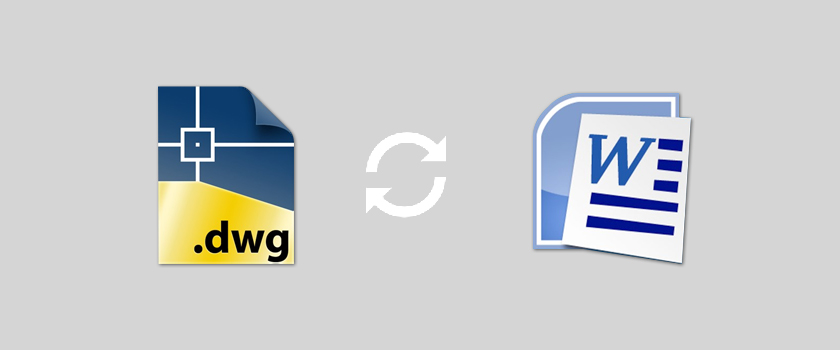
dwg: It means a drawing file save format created by AutoCAD, and now has been the standard format of 2D
Read More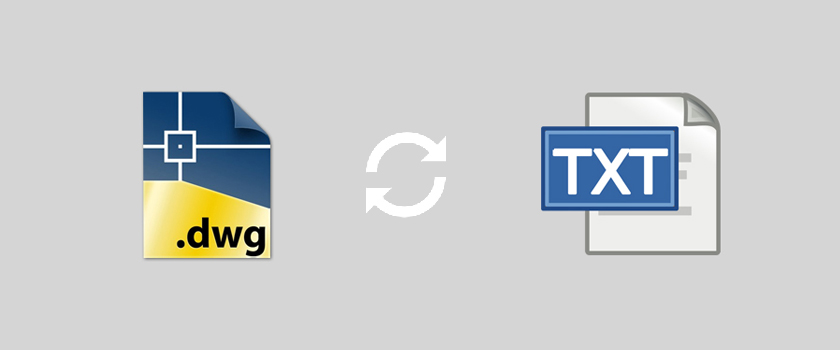
dwg: It means a drawing file save format created by AutoCAD, and now has been the standard format of 2D
Read More
Mars Translation can help you extract the texts in a DWG file and convert them into a Word file so
Read More
dwg: It means a drawing file save format created by AutoCAD, and now has been the standard format of 2D
Read More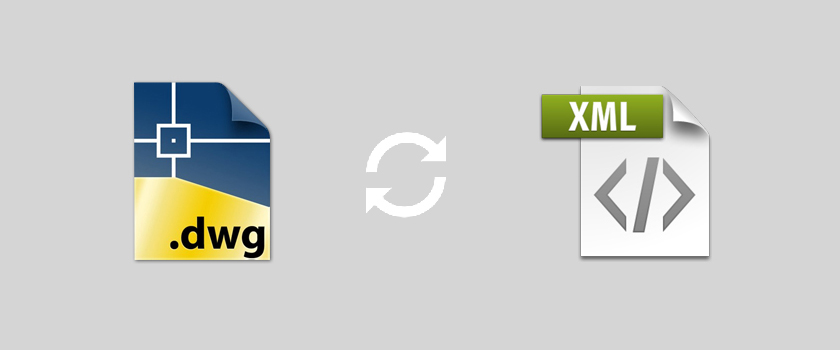
dwg: It means a drawing file save format created by AutoCAD, and now has been the standard format of 2D
Read More
MarsTranslation can help you extract the texts in a DWG file and convert them into a XML file so that
Read More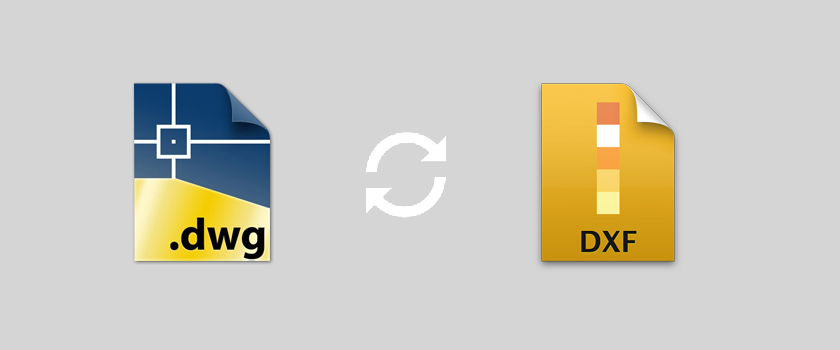
If you are a designer you are bound to find yourself in situations when you have to convert your DWG
Read More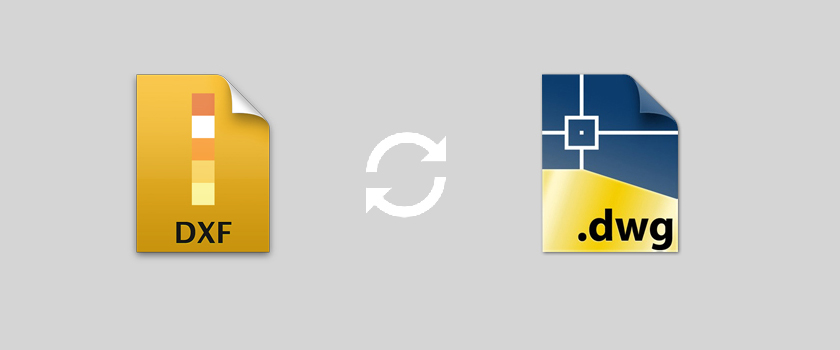
dwg: It means a drawing file save format created by AutoCAD, and now has been the standard format of 2D
Read More
MarsTranslation can help you extract the texts in a DWG file and convert them into a Word file so that
Read More


Document Translation
Professional document translation by native expertsApp Localization
Get more downloads by adapting your app for different target marketsVideo Translation
Multilingual translation and subtitling servicesWebsite Localization
Adapt your website into multiple contexts for global reachSoftware Localization
Adapt your software for global usersGame Localization
Reach new players with localized gameplayMTPE
Refine AI translations for natural fluencyBusiness Translation
Professional translation for business documents and websitesDTP & File Conversion
Professional DTP and File conversion, supporting multiple file formatsProofreading
Perfect your content with expert review© Copyright 2026 MarsTranslation